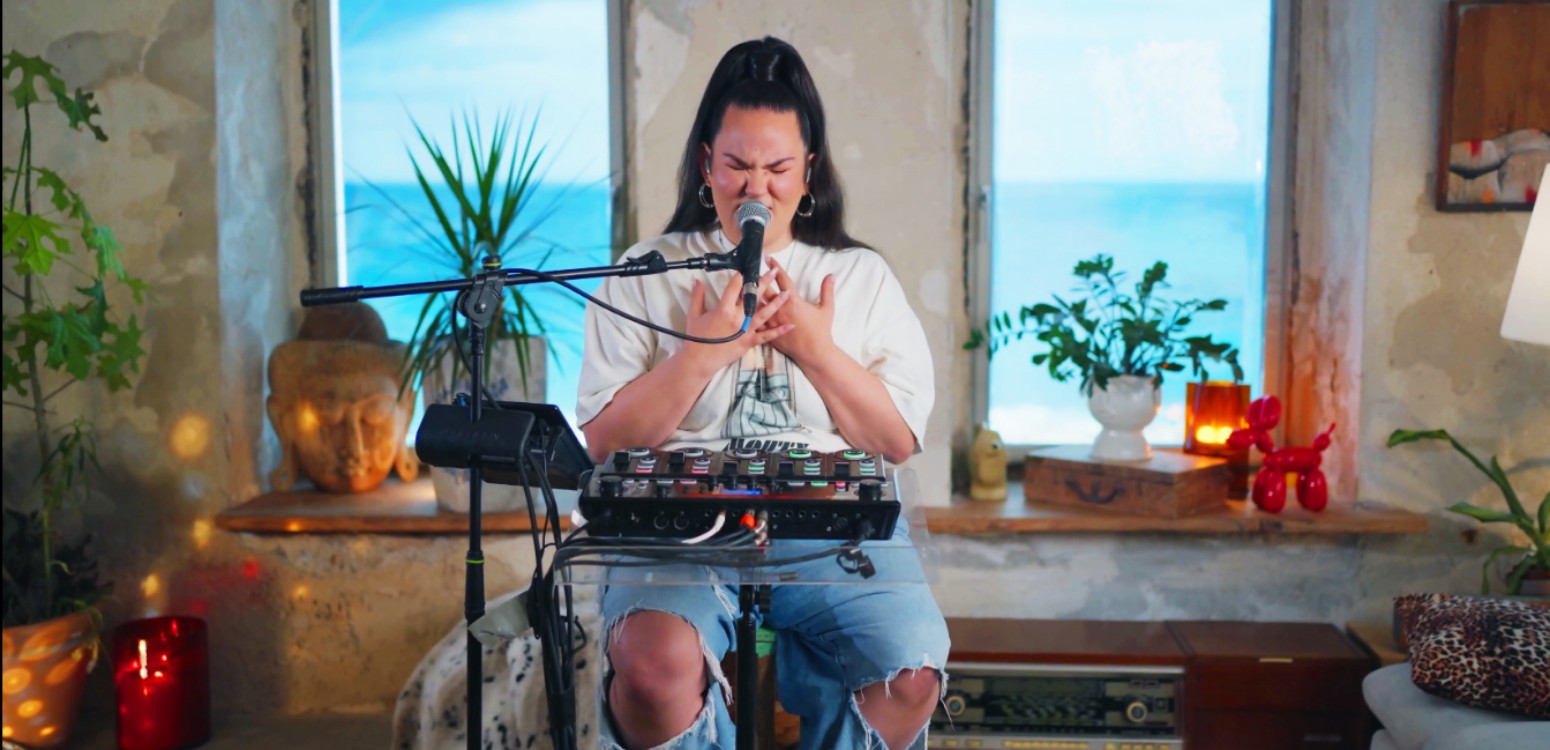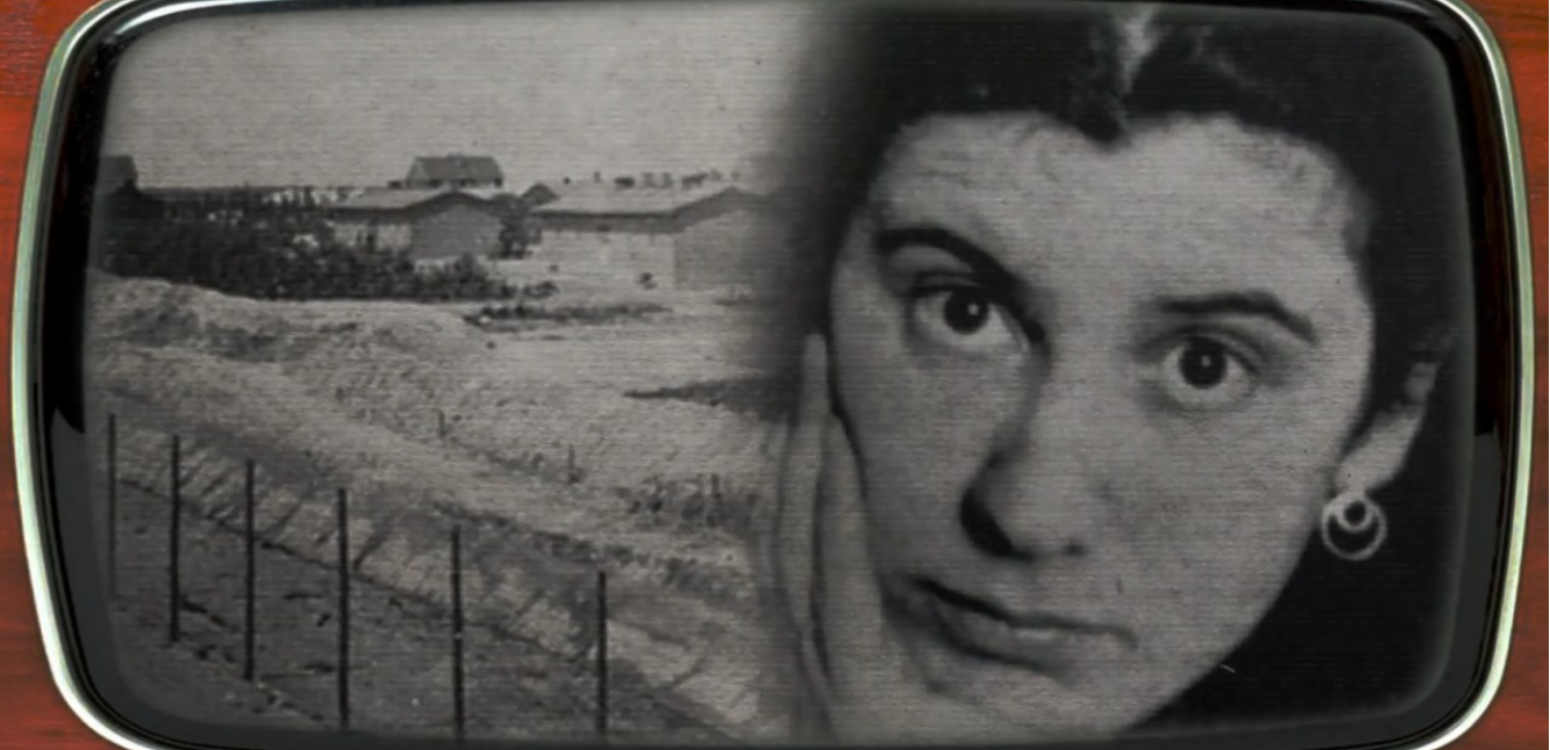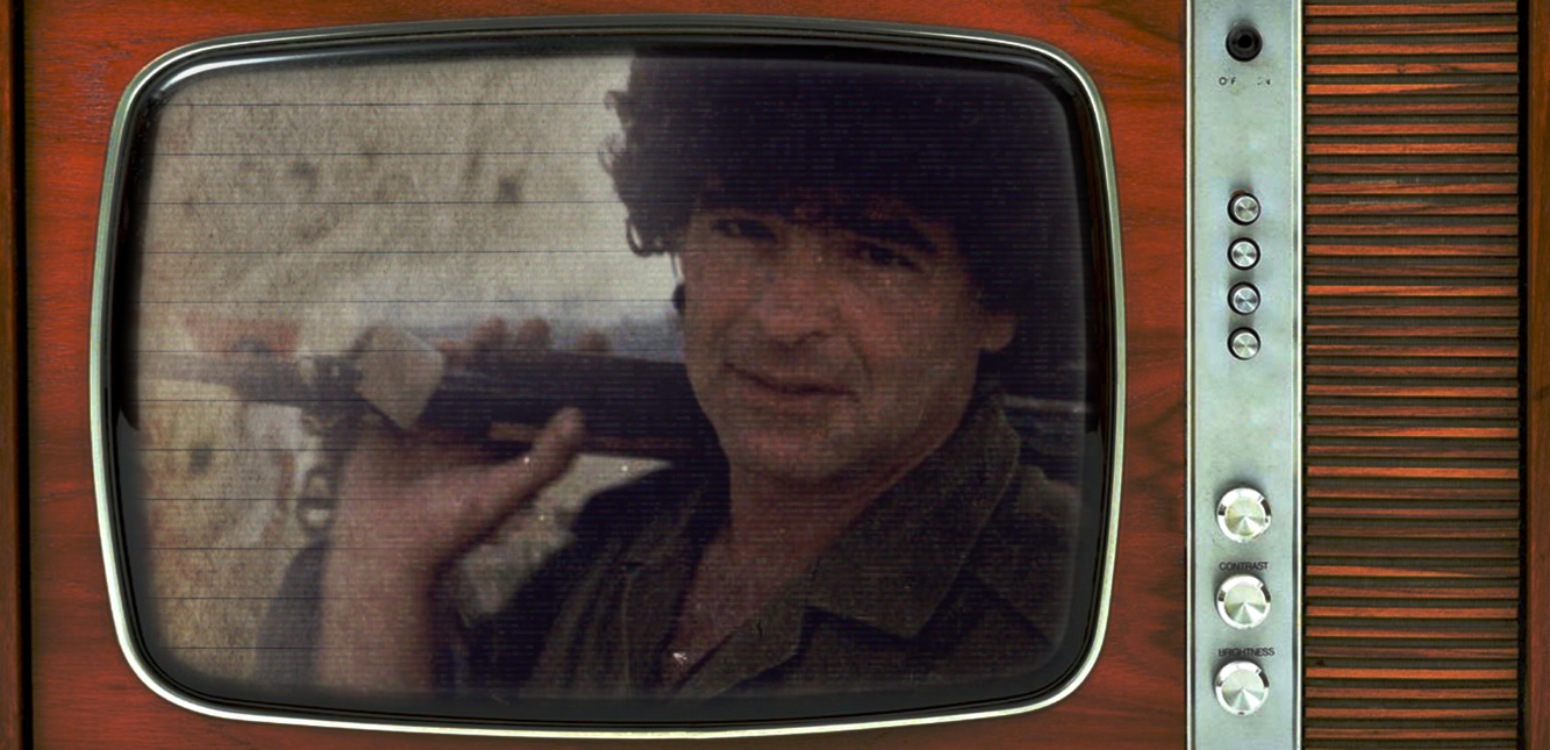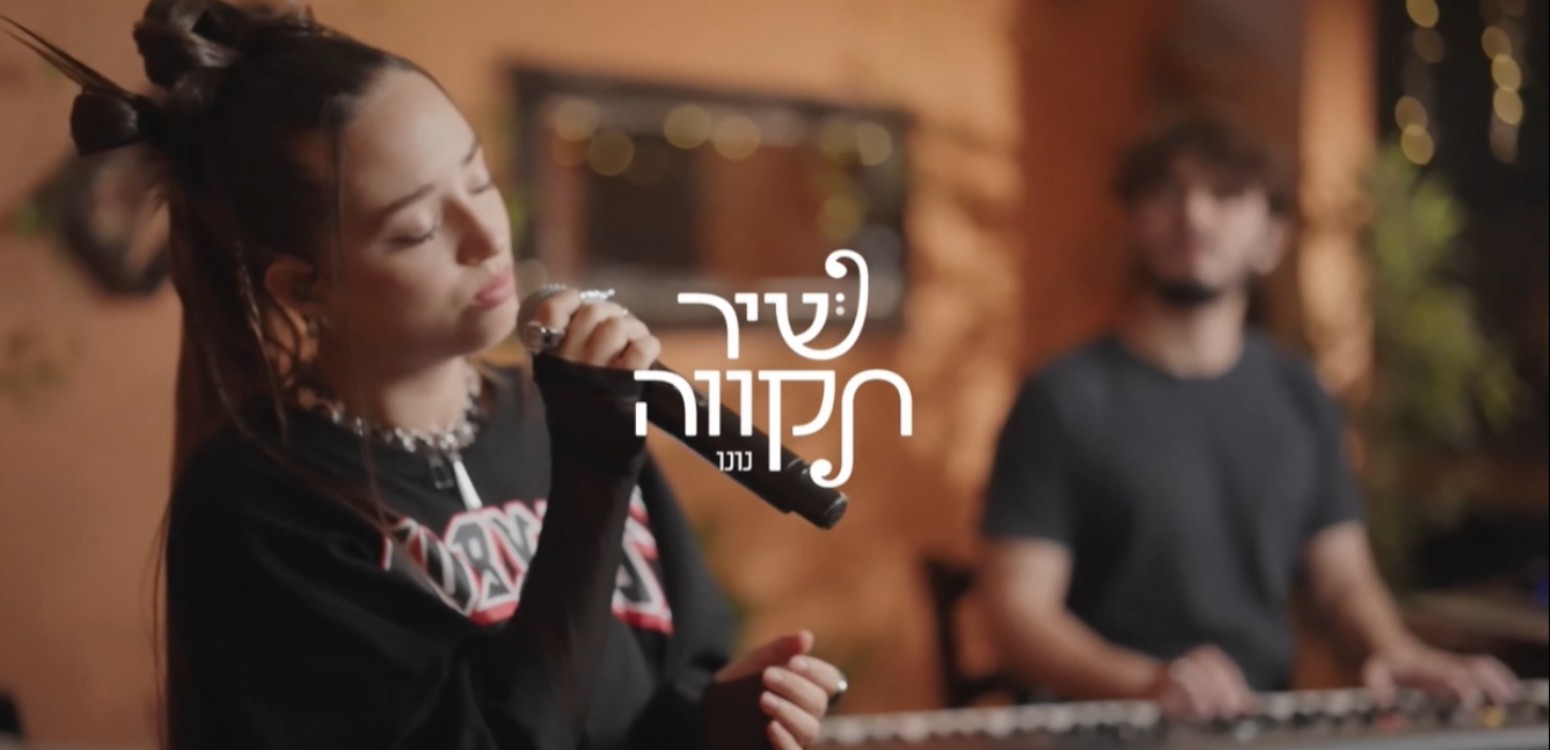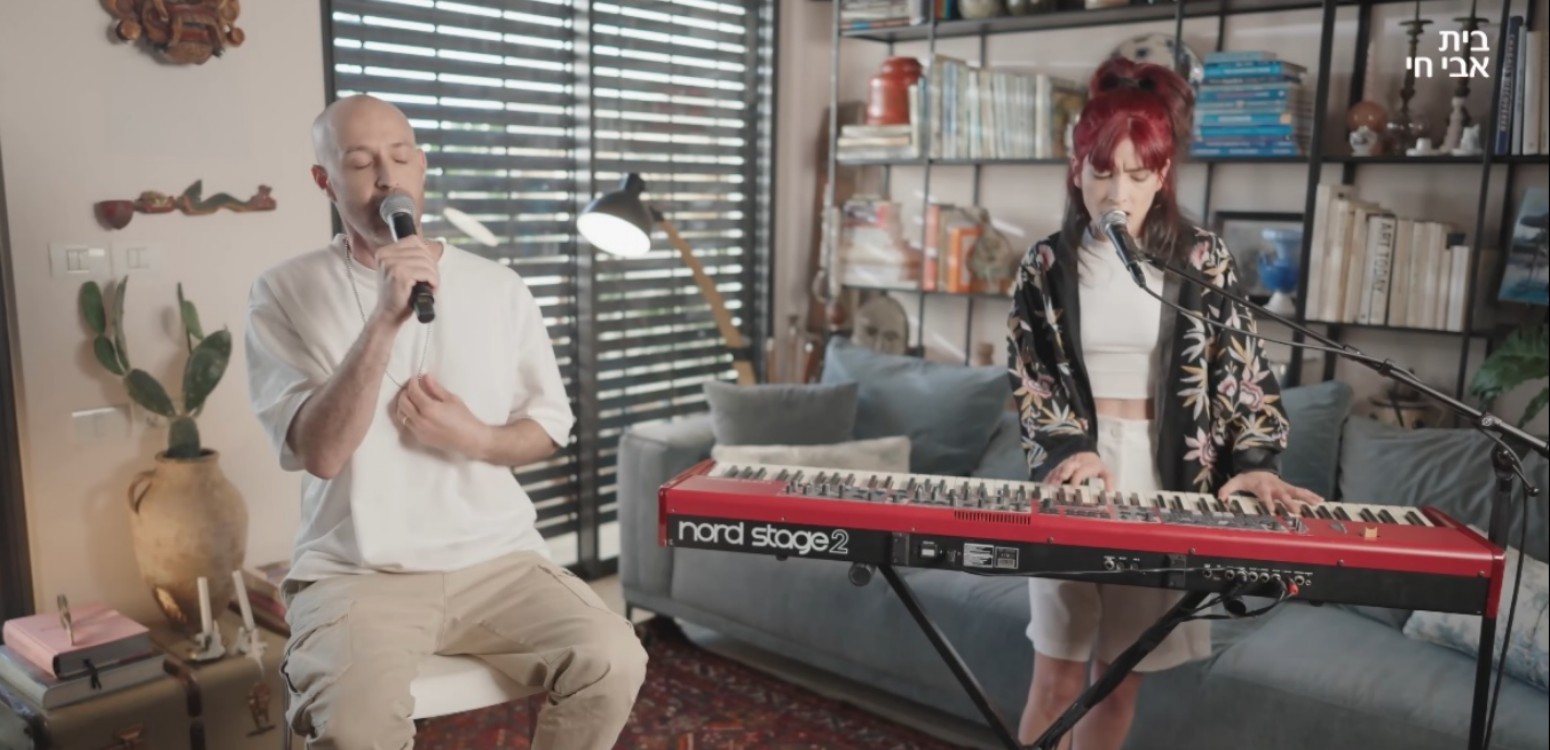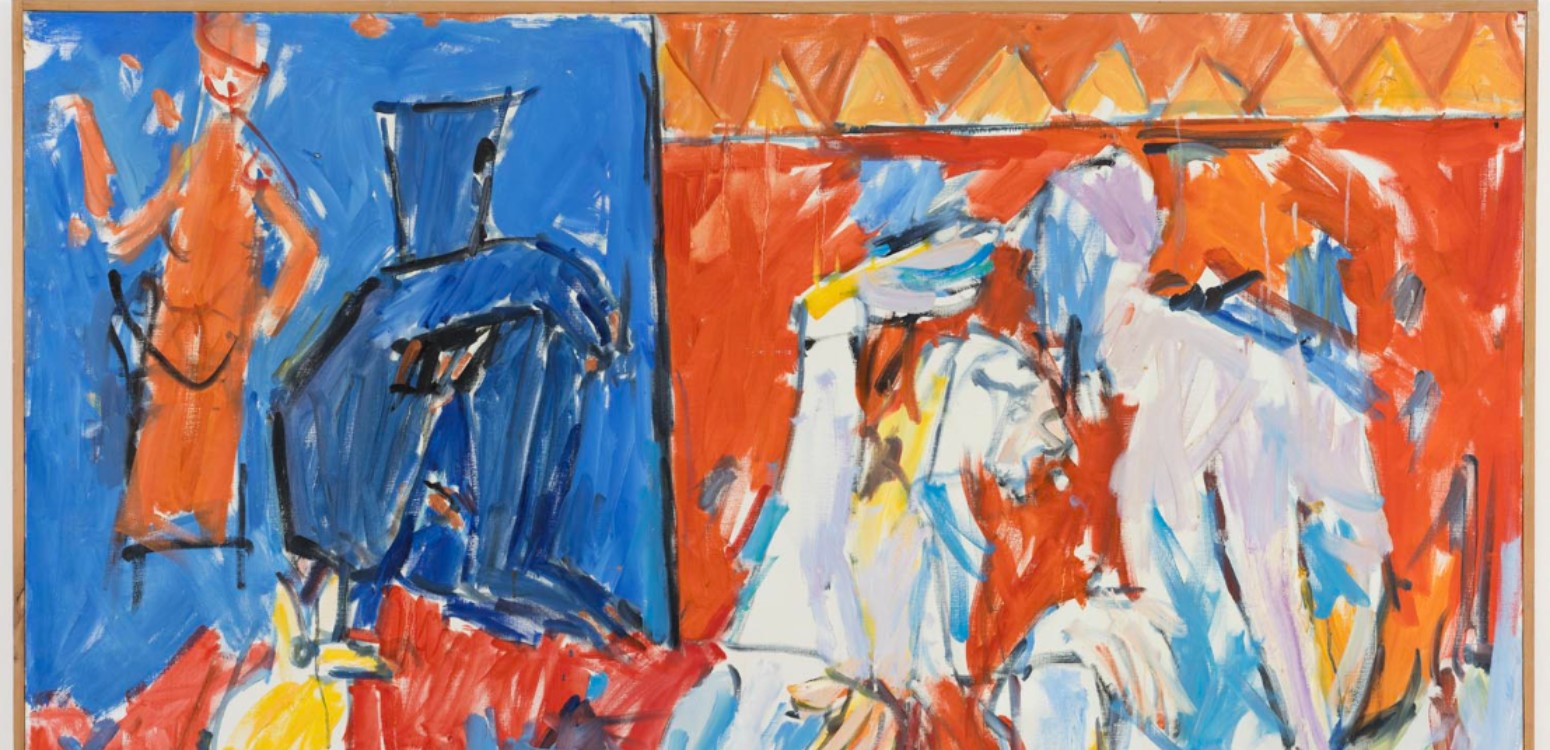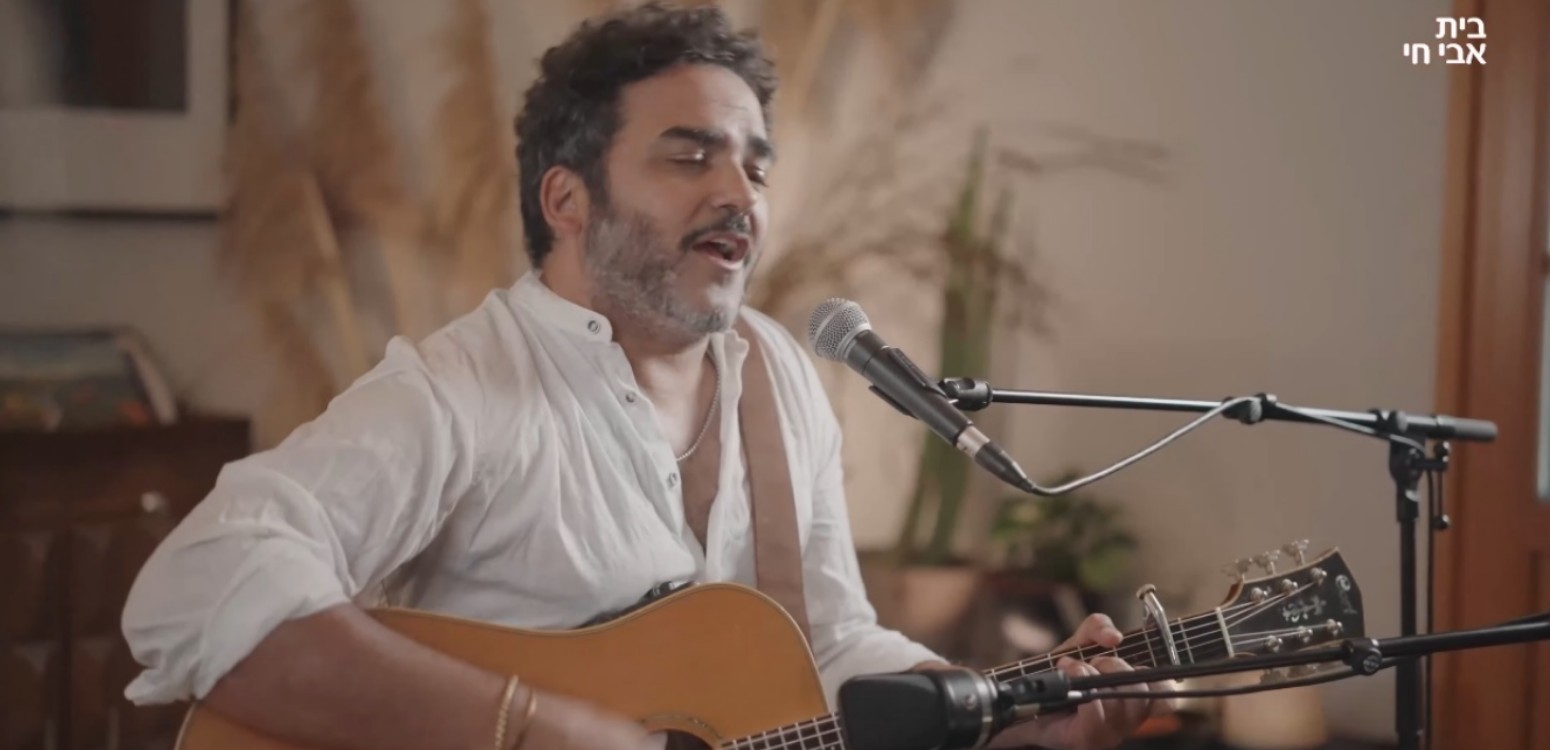Although she is the most important female Hebrew poet since Leah Goldberg, Dahlia Ravikovitch is much less remembered than she should be
Dahlia Ravikovitch, winner of the Israel Prize for poetry, the most important female Hebrew poet since Leah Goldberg, passed away almost 20 years ago. Over a career spanning 50 years, Ravikovitch wrote ten books of poetry, as well as short story collections, children’s books, popular songs, reviews and articles, and even translated, among other things, “Mary Poppins” and "The Glass Slipper”. But even though her poems that were set to music and the songs that she herself wrote are still widely beloved, surprisingly, her books are hard to find on bookstore shelves.
On a central street in Jerusalem, I visit three different bookstores and find only one copy of collection of Ravikovitch’s poems in a pocketbook edition. The shop manager, who is also a literature teacher, tells me that she does not keep Ravikovitch’s books in the store nor does she teach her poems in school because “she is so sad.”
When a person disappears
Ravikovitch was born in Ramat Gan, the eldest daughter of Levi and Michal Ravikovitch. Levi Ravikovitch, member of the Beitar movement, was originally from Russia and immigrated to Israel from the Jewish community in Harbin, China. He was a simple gentle man who by day worked as an electrical engineer at a power station, and by night drew strength from reading Hebrew poetry and writing poems which he didn’t publish. Dahlia’s mother, Michal Gur Arie Ravikovitch née Hominer, specialized in teaching all her life. Born in the Land of Israel, descendant of a Hasidic family from Mea Shearim, she was considered a noble woman.
Dahlia learned two mother tongues from Michal: the Hebrew of the Yishuv and the Hebrew of the Scriptures, Torah and Talmud. Both were later to be integrated into the language of her work. No Hebrew poetry like this had been written before her – a combination of the natural and the enchanted, the old and the new, the everyday and the timeless.
Dahlia wrote poems and talked to the dead from the age of 6. Towards her sixth birthday her twin brothers, Achikam and Amiram, were born. When they were four months old, their mother took them in a stroller on a walk near their house, with Dahlia by her side. There, right by the house – and some say in front of their eyes – the father, Levi Ravikovitch, was run over by a drunk driver. Levi died at the age of only 33.
Efrat Ben Zur, “The Way of Nature” (YouTube)
No one told Dahlia that her father died – one day he simply disappeared from her life. As far as she knew at the time, maybe he was hurt and in the hospital. It wasn’t really discussed and no one explained to the girl what had happened. Only two years later, following a casual question from a classmate, Dahlia realized that her father would never return.
Later she published a children’s book called “A Family Party" which included both Levi’s poems for children that he wrote about his daughter and her own works for kids. She edited the book so that it was impossible to tell which one of them wrote which poem, thus breathing new life into her father’s work.
During the shiva for her husband, Michal, who became a widow at 33 with two infants and a daughter, made the decision to move to Kibbutz Geva.
Exile on a kibbutz
Ravikovitch said that from the moment her father died she stopped feeling loved.
As someone who wasn’t born on the kibbutz, Dahlia stood out and was rejected. She was bullied for being too gentle, too smart, too orphaned. Poetry was the place she escaped to but also the place that kept her away from people. When she was 12 and a half, kids from her class stole her poetry notebooks and buried them in the ground.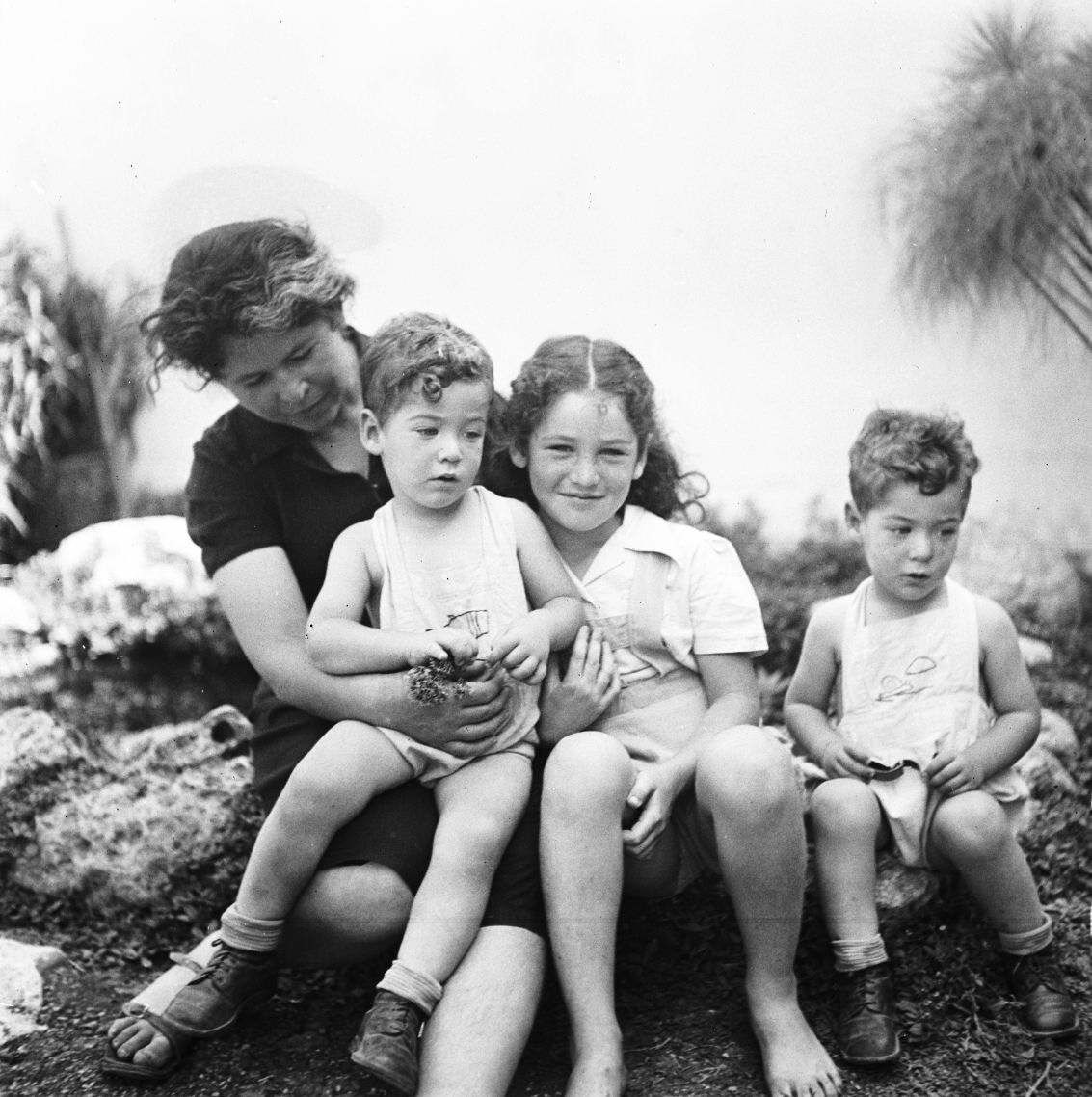
At 13 Ravikovitch moved to Haifa on her own, and then wandered between five foster families. According to Dahlia, only the last of the families showed her love.
High school studies were a respite in Ravikovitch’s life. She aspired to be a painter, but her literature teacher Baruch Kurzweil – Agnon’s legendary critic – opened for her a door to the world or words and regarded her poetry with appreciation. That was when Dahlia realized she was painting with words. She wrote the poem “Picture” during that time.
Yehudit Ravitz, “Picture” (YouTube)
Leah Goldberg would describe how one day “a beautiful soldier” arrived at her apartment at 25, George Washington Street in Jerusalem and “brought me a bunch of poems so that I could review them... I took one look and was hooked.”
Goldberg immediately recognized that the soldier Ravikovitch was a true poet, and thanks to Goldberg’s faith in her, Ravikovitch dared to send more poems for publication. This was the beginning of the fruitful writing decade of her life in which she wrote 115 poems.
Not just a genius poet, not just a depressed woman
From the mid-1950s Ravikovitch lived in Jerusalem, studied literature, English and language at the Hebrew University, translated for a living and worked on her first book of poetry. She was in a relationship with Yosef Bar-Yosef, later a playwright and writer, laureate of the Israel Prize for theater. Bar-Yosef was born to a family of artists who lived in Safed, the city of the Kabbalists, and it is possible that he inspired Ravikovitch to integrate Jewish mysticism in her poetry. They got married but were shortly divorced. During their time together Ravikovitch became pregnant and had an abortion. This abortion, in her eyes, was the source of her depression. The love letters that Dahlia wrote to Bar-Yosef and which he published in his old age remain a testimony to their relationship. According to Bar-Yosef, he released the collection so that Ravikovitch would not be remembered only as the “genius poet” or the “depressed woman”.
In 1959, when she was 22 years old, Ravikovitch’s first book, “The Love of an Orange”, was published. The book was received with complete surprise and enormous sympathy, both by the generation of poets that preceded it, such as Goldberg and Avraham Shlonsky, and by contemporary poets such as Natan Zach and David Avidan. Ravikovitch wrote groundbreaking poetry, in a field that before her was mainly the domain of men. Zelda, who was older than her, testified that the publication of Ravikovitch’s book gave her the courage to publish her own work, perhaps thanks to the integration of the Scripture in Ravikovitch’s poetry.
In 1961, Ravikovitch married Yitzhak Livni, a writer and journalist, later the head of IDF’s radio station Galei Tzahal and CEO of the Israel Broadcasting Authority. Livni was a constant and beneficial presence in Ravikovitch life, and he was the addressee of many of her poems, even though they divorced after 3 years together.
In 1964, the psychologist and psychoanalyst Bruno Bettelheim visited Israel for a few weeks to write a book about the children’s society in the kibbutzim (“The Children of the Dream”, 1969). Ravikovitch met with him privately to talk about the difficult experiences she had as a child on Kibbutz Geva; her stories were included in the book. Dahlia was filled with hope and inspired by Bettelheim’s attitude towards children, and from the way he sought to improve their lives. The following year, Ravikovitch went to work as a children’s guide at Bettelheim School in Chicago. She became very close with one of the children she cared for, Richard, and she wrote the poem “The Viking” about him. Unfortunately, in this school too she found the system to be repressive towards children.
It is she herself who burns
In 1978, Ravikovitch’s son Ido was born to her and her then partner, attorney Haim Kalir. This happened after years of her hoping for a child, years in which she wrote little poetry. To Ido, “the most real thing that came out of me”, she dedicated some of the most beautiful love poems ever written in Hebrew.
Since becoming a mother, she could not help but identify with other mothers, including mothers of the “enemies”. Poetry was her way to reach the truth, and she believed that it was her duty to deal with suffering, not only her own but also that of others, and to prevent it. She was the prophetess who used Hebrew to preach.
In Ravikovitch’s opinion, her best poem was “The Dress”, about a mother trying to warn her daughter that the dress she has on is burning. Their conversation has fantastic and mythological elements, referencing “Medea”. In the end the daughter corrects her mother saying that the latter doesn’t understand – it’s not the dress that is on fire, it’s she herself that is.
Throughout her life, Ravikovitch had prolonged periods of depression, suicidal attempts and hospitalizations. In 2005 she was found dead in her home, a sudden death that was suspected to have been a suicide but turned out to be cardiac arrest. After her death, all the poems she had written since childhood were discovered in her possession, all of them written in notebook and by hand.
Dahlia Ravikovitch’s rare voice in its beauty, honesty, wisdom and fragility can still be heard in the poems she left behind, and it is very much needed here, today more than ever.
***
For further reading:
Dahlia Ravikovitch, All Poems. Hakibbutz Hameuchad, 2010 (Hebrew)
Giddon Ticotsky, Dahlia Ravikovitch in Life and Literature. Miskal (Yedioth Sfarim), Haifa University Press, 2016 (Hebrew)
Dahlia Ravikovitch, Yours, Dahlia: Letters to a Lover. Locus, Israel, 2019 (Hebrew)
Hovering at a Low Altitude: The Collected Poetry of Dahlia Ravikovitch (2009, translated by Chana Bloch and Chana Kronfeld)
Dahlia Ravikovitch’s poems translated by Karen Alkalay-Gut
Main photo: Jachin Hirsch 1934-2011 photographer, Photographs – portraits, Dahlia Ravikovitch, 1963, symbol PShHi-002-001-001-007 Siona Shimshi and Jachin Hirsch Archive; Israel Arts Center, The David and Yolanda Katz Faculty of the Arts, Tel Aviv University
